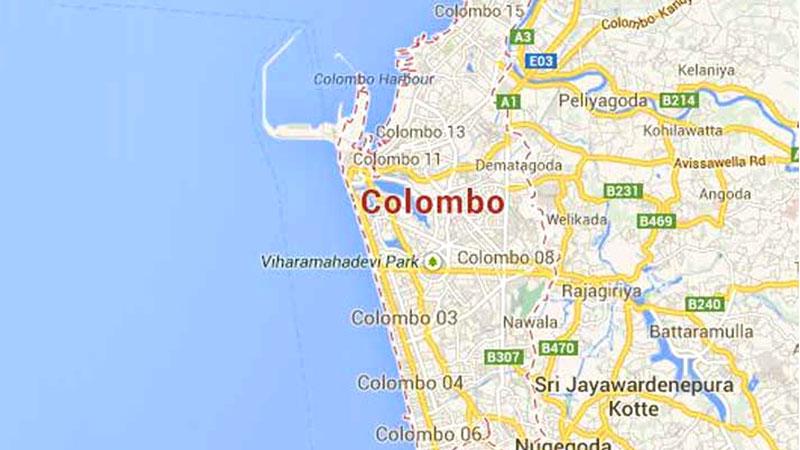
The sporadic variations in climatic conditions and the havoc it wreaks on the city of Colombo, shows that the city is not climate resilient, and changing it requires a concentrated effort, experts opined at the recently concluded Climate Adaptation Forum held last week at the BMICH.
Prof P.K.S Mahanama of the Department of Town and Country Planning, University of Moratuwa, told a large gathering of policy makers, climate negotiators and researchers, that it is time the planners think of ways to restructure a city as old as Colombo to be better prepared to face unpredictable natural disasters, a task that has legal ramifications and stricter regulations.
“Our city is not built to be climate resilient, one way of changing it is to restructure it,” he said. He cited Batticaloa as a litmus test, one which failed to produce a positive result. “We started with making modifications to public and government institutions in Batticaloa which experiences frequent and damaging cyclones, but there wasn’t much feedback.”
He says, based on the lesson learnt from this experience, there was a commitment to ensure that the proposed Megapolis Master Plan for Colombo would be climate proof. “There are ways and means we can preserve the natural environment and the Megapolis factors in this delicate balance between wetlands and forest cover.”
Prof Mahanama said, the plan has stricter regulations, specifically intended for building contractors, where laws are strictly enforced.
Donovan Burton, a climate change adaptation specialist based in Brisbane, Australia, finds that “solutions can only be driven through informed decision-making and to date there is little evidence to suggest that it is occurring in any meaningful way, in most cities around the world.”
“For local and city governments, managing climate change is complex and fraught with challenges associated with resources constraints, community buy-in, legal risks and political positioning,” she says.
To what extent Colombo would become a ‘smart city’ is yet to be seen. Burton urges that unless the urban sprawl is managed through integrated land use and transport planning, cities will continue to experience increase in travel demand, worsening air quality and vulnerability to extreme events. “Recognition of climate change concerns in the smart cities program is crucial to ensure that the small fast-growing towns become climate resilient mega cities of tomorrow.”
During the forum, representatives from the Asian Development Bank (ADB) spoke of giving aid to Sri Lanka to restore the Muthurajawela Wetland, located north of Colombo, as it would help curb devastating impacts from urban flooding.
“The proposed project highlights the economic importance of wetlands and how ecosystems, which get degraded with urbanisation and industrial development, could be valued,” Herath Gunatilake, ADB’s Director of the Regional and Sustainable Development Department said.
“This particular project centered on urban development in Colombo would look at restoring the Muthurajawela Wetland so that it may assist in relieving impacts of floods”, he said.
